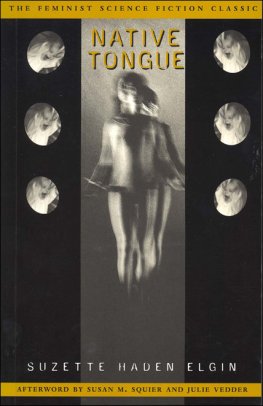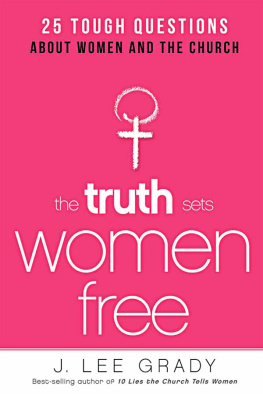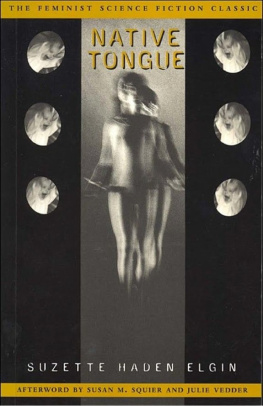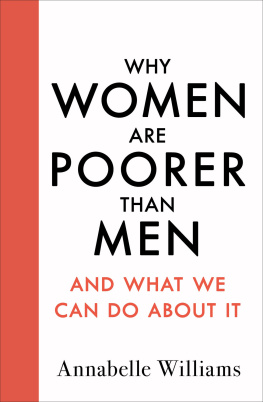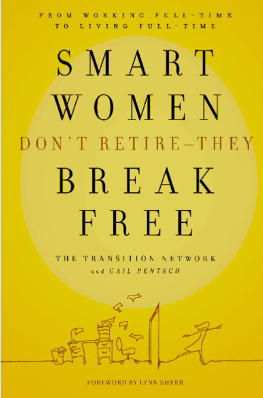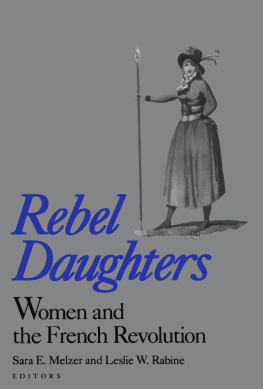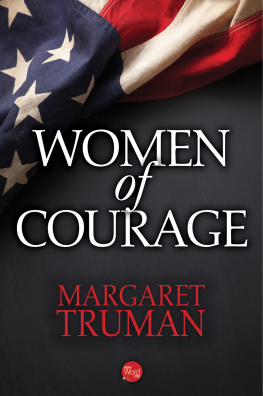There is a sense in which no book can be said to be ordinary today; we are well aware of that. When the publication of as many as ten books in a single year is unusual, even the most undistinguished volume would not be ordinary. But when we say that this is no ordinary book, we mean a good deal more than just that its format is rare.
First, we believe this book to be the only work of fiction ever written by a member of the Lines. The men of the linguist families have given the world a vast body of scholarly work and other nonfiction. Their women have made substantial contributions to that work, duly acknowledged by the authors in their introductory notes and prefaces. But Native Tongue is not a work of scholarship, or a teaching grammar, or a book of science for the general public; it is a NOVEL. And it gives us a sense of participation in the linguists lives during the first quarter of the 23rd century that we cannot gain from any history of the time, no matter how detailed, no matter how abundantly documented. Very little fiction on that subject exists, even from the pens of nonlinguists; this book is the unique example from a linguist, and as such it is beyond price. We owe a major debt to the scholar who found the manuscript and who saw to it that it reached our hands; we deeply regret that our ignorance of that scholars identity prevents us from expressing our appreciation more effectively. It is a miracle that this document was not lost; we are grateful for the miracle.
Second, although we would have had no difficulty making the material available in the traditional publishing media of computer-disc or microfiche, that was not what we wanted. From the very first reading, we felt strongly that this should be a printed book, printed and bound in the ancient manner. It is very special; it seemed to us that it deserved an equally special form. It took almost ten years, and the efforts of hundreds of persons, to secure the necessary monies and to find craftsmen with the necessary skills who were willing to provide them for what we could afford to pay even for this limited edition.
We cannot tell you who actually wrote Native Tongue. It was signed simply the women of Chornyak Barren House. It must have been written in scraps of time, at odd stolen moments, at the cost of sacrificing much-needed sleep, for the women of the Lines had no leisure. If anyone has evidence that might shed light on the mystery of its authorship, no matter how fragmentary, we ask that you share it with us; we promise you that it will be treated with the utmost discretion and respect.
It is with great pride, then, and with a sense of profound accomplishment, that we urge you to read on, and to keep this volume among your treasures and in a place of honor.
Patricia Ann Wilkins, Executive Editor
(Native Tongue is a joint publication of the following organizations: The Historical Society of Earth; WOMANTALK, Earth Section; The Metaguild of Lay Linguists, Earth Section; The Ladan Group.)
Section 1. The nineteenth article of amendment to the Constitution of the United States is hereby repealed.
Section 2. This article shall be inoperative unless it shall have been ratified as an amendment to the Constitution by the legislatures of three-fourths of the several states within seven years from the date of its submission.
Declared in force March 11, 1991. ARTICLE XXIV
Section 1. No female citizen of the United States shall be allowed to serve in any elected or appointed office, to participate in any capacity (official or unofficial) in the scholarly or scientific professions, to hold employment outside the home without the written permission of her husband or (should she be unmarried) a responsible male related by blood or appointed her guardian by law, or to exercise control over money or other property or assets without such written permission.
Section 2. The natural limitations of women being a clear and present danger to the national welfare when not constrained by the careful and constant supervision of a responsible male citizen, all citizens of the United States of the female gender shall be deemed legally minors, regardless of their chronological age; except that they shall be tried as adults in courts of law if they are eighteen years of age or older.
Section 3. Inasmuch as the aforementioned natural limitations of women are inherent, such that no blame accrues to them thereby, nothing in this article shall be construed to allow the mistreatment or abuse of women.
Section 4. The Congress shall have power to enforce this article by appropriate legislation.
Section 5. This article shall be inoperative unless it shall have been ratified as an amendment to the Constitution by the legislatures of three-fourths of the several states within seven years from the date of its submission.
Declared in force March 11, 1991. ARTICLE XXV
SUMMER 2205...
There were only eight of them at the meeting; not the best of numbers. Not only was eight a very small number to accomplish business efficiently, it was an even number which meant that in case of a tie theyd have to give Thomas Blair Chornyak an extra vote, and he always hated that. It smacked of an elitism that was completely contrary to the philosophy of the Lines.
Paul John Chornyak was there, still putting in his oar at 94, when Thomas ought to have been able to proceed without the old mans interference. Aaron was there he had to be, given the final item on their agenda, which concerned him directly. Theyd managed to scare up two of the senior men by comset, so that the faces of James Nathan Chornyak and of Thomas brother-in-law Giles were with them in blurry irritation, after a fashion. Adam was there, only two years younger than Thomas and quite properly part of the group; Thomas relied on his brother for many things, not the least of them being his skill at deflecting their fathers digressions and convincing Paul John that his words had been attended to. Kenneth was there because, not being a linguist, he could always get away from whatever he was doing to come to meetings; Jason was there because the negotiation he was involved in was hopelessly stalled on a technicality about which he could do nothing, leaving him marking time until the State Department could straighten it out.
Either of the last two could have solved the problem of the even number by courteously excusing himself but neither one would do it. It was Jasons opinion that since Kenneth was only a son-in-law, and not even a member of the Lines by birth, it was his place to take himself off to whatever it was he ought to be doing instead of butting in here. And it was Kenneths opinion that he had as much right in the meeting as Jason had he hadnt given up his birth name and taken Mary Sarah Chornyaks name for his own for nothing. He was Chornyak now, as much as any of them, and he knew very well that one of the things he had to do was underline that fact firmly at every opportunity, or the other junior men would bury him at the bottom of the pecking order. He wasnt about to leave.
It was awkward, and Thomas briefly considered asking James Nathan to drop out; but theyd waked him up for this, and he hadnt been happy about it. Hed been up all the previous night and well past breakfast time interpreting in one of the Third Colony crises of which there seemed to be an inexhaustible supply, and hed been obviously exhausted. Now they had him awake, it would be less than tactful to suggest that he go back to bed, sorry to bother you but we thought we needed you at the time No. It wouldnt do, and he let it pass. If he had to vote double, so be it; theyd all survive. And their meetings were always small at Chornyak Household lately, except for the Semi-Annuals that were on permanent schedule and for which everyone kept a free day on his calendar. The way the government was pushing into space these days, and every inch of the push to be negotiated with the whole apparatus of treaties and purchase agreements and establishment of formal relations, it was hard to find

